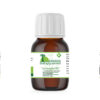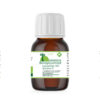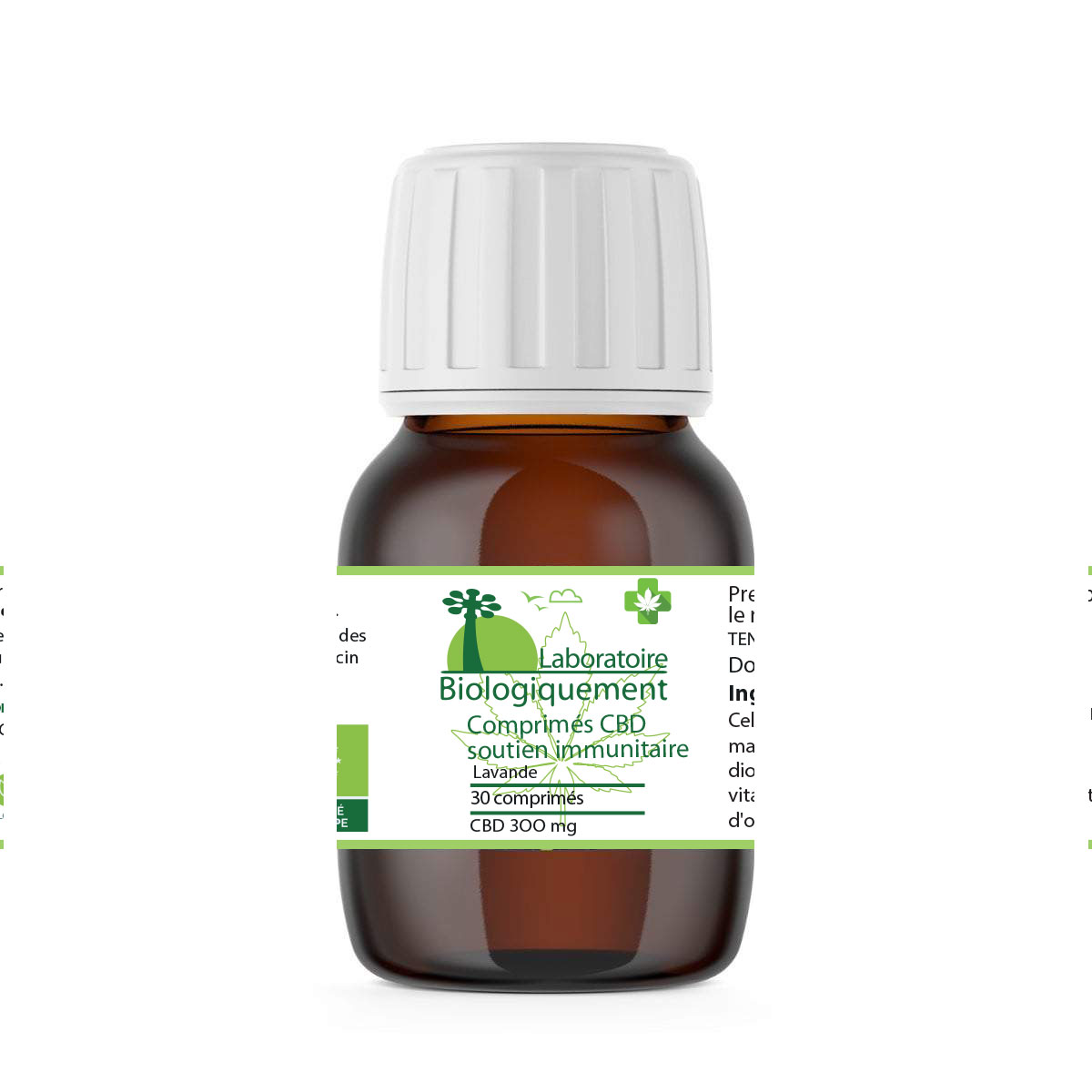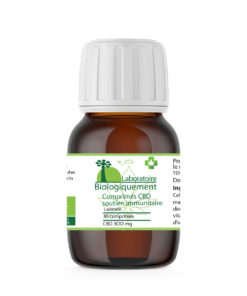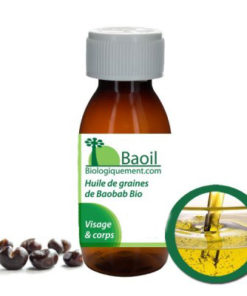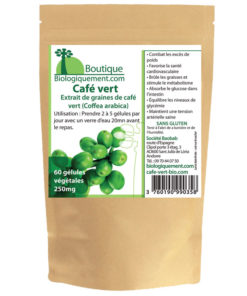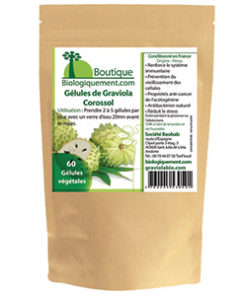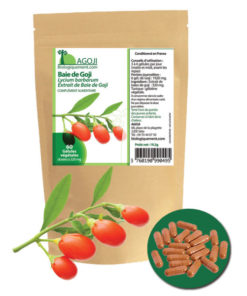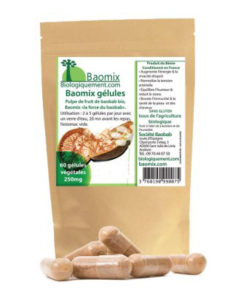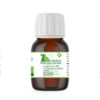Vitamin C is very often associated with the notion of immunity
It is easily evoked in case of persistent fatigue, sensitivity to infections (frequent ENT disorders, recurrence of herpes, etc.). It is a powerful antioxidant and a cofactor for a family of biosynthetic and gene regulatory enzymes.
Zinc is a trace element, like vitamin C, it participates in many functions in our body including that of stimulating the immune system.
Our immune system is a complex web of cells and networks whose coordinated efforts are intended to protect us against disease. This is why it will often depend on the state of your body whether or not you succumb to a virus – knowing that stress, fatigue and diet play a determining role.
The body's natural defense system against pathogens (bacteria, viruses and other micro-organisms that cause disease), the immune system also contributes to the healthy repair of cells. The main actors being the lymphocytes – these white blood cells programmed to fight against infectious attacks –, which circulate throughout the body through the blood and the lymphatic vessels, stored in the lymphoid organs – including the adenoids (located on the back wall of the nasal cavity), blood vessels, bone marrow, lymph nodes, spleen, small intestine, thymus and tonsils.
So before you rush on antibiotics (which only attack bacterial infections anyway), know that there are several ways to boost your immune system. Here are Vogue's seven best tips for boosting your natural defenses.
vitamin C is at the forefront of the fight against colds and viruses, most antioxidants are a great help for the immune system, helping to slow cell destruction and promoting the production of white blood cells, essential for the elimination of pathogenic bacteria.
Antioxidants are also instrumental in restoring damaged DNA and the body's ability to repair itself. While free radicals essentially trigger an inflammatory response in cells, antioxidants work to neutralize them and dampen this response.
The main role of vitamin C is to increase the production of interferons, a protein that helps protect cells in the body from any viral infection that may affect us.
Therefore, vitamin C is essential for preventing infections and keeping the immune system strong.
Zinc: the key to a strong immune system and the proper functioning of the digestive system
Zinc is an essential micronutrient required for many enzymatic and bodily functions. It is essential for growth and physical development, as well as for the metabolism of proteins, fats and carbohydrates. In the United States, about 12% of the population does not get enough zinc from their diet, and that number approaches 40% among those over 65. This preponderance of zinc deficiency in the elderly is likely due to a combination of factors such as a diet lower in zinc (meats and shellfish such as oysters) and the inability to absorb zinc from the digestive system. . To be better absorbed, zinc requires the presence of vitamins B1 and B6, and adequate gastric acidity. Many of us have low levels of stomach acid, especially as we age, leading to mineral deficiencies.
A zinc deficiency can contribute to many chronic diseases, although it is best known for its central role in the immune system. It is essential for the proper functioning of white blood cells which protect the body against invasion by bacteria and viruses. A recent study that looked at the relationship between zinc deficiency and inflammation came to the conclusion that zinc deficiency leads to an increased inflammatory response in cells. For the first time, researchers have been able to demonstrate that the drop in zinc levels causes weak activation of immune cells and dysregulation of the cytokine IL-6. In the absence of zinc (or in a situation of deficiency), the cells that control inflammation are activated and react in different ways that cause the cells to promote the worsening of inflammation. This means zinc plays a key role in both maintaining the immune system's ability to fend off invading agents and preventing overstimulation and chronic inflammation.
Le zinc joue également un rôle clé dans la guérison de la muqueuse digestive généralement endommagée et « perméable » chez de nombreuses personnes. L’intestin perméable ou intestin passoire est une affection caractérisée par une hyperperméabilité des intestins et qui a été associée à un certain nombre d’états chroniques, notamment la maladie cœliaque, le syndrome de fatigue chronique, le syndrome du côlon irritable, l’eczéma, la sclérose en plaques, la colite ulcéreuse et l’autisme. Il a été démontré qu’une forme spécifique de zinc, le complexe zinc carnosine, stabilise la muqueuse intestinale et favorise la réparation de l’intestin, contribuant ainsi à réduire sa porosité. La recherche sur ce complexe a produit des résultats si intéressants qu’un médicament pharmaceutique à base du complexe zinc-carnosine a été développé et mis sur le marché au Japon où il est utilisé avec succès depuis 1994 pour le traitement des troubles gastriques tels que les ulcères, la dyspepsie et les infections à Helicobacter pylori, une bactérie qui cause les ulcères d’estomac. Avec des dizaines d’études de recherche et plus de 12 ans d’utilisation comme produit d’ordonnance chez l’humain, le zinc carnosine s’est bâti une solide expérience en matière de sécurité, d’efficacité et de mérite scientifique et constitue un médicament naturel de choix pour toutes sortes de problèmes gastro-intestinaux.

